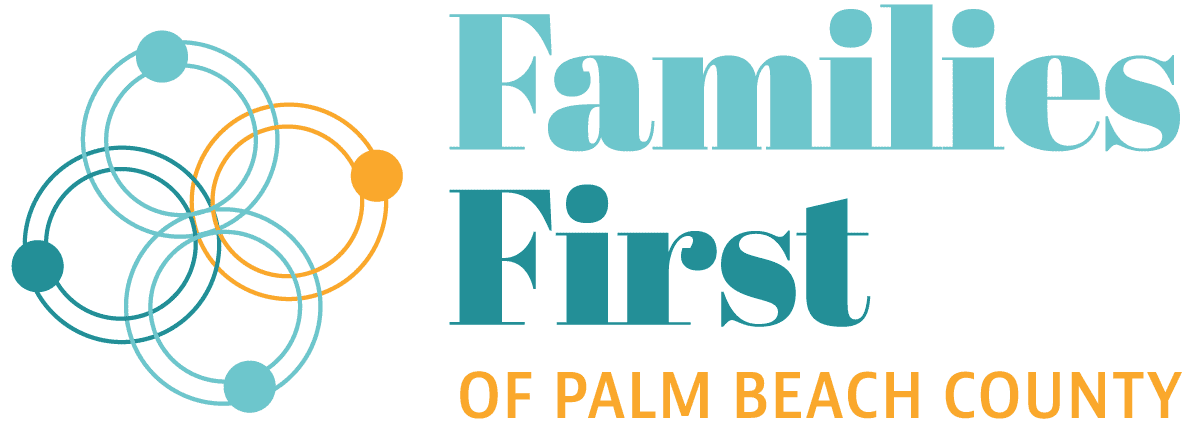In The Beginning
The Issue
Poorest and Sickest Babies
Four people from systems that needed to address this ongoing issue met on September 23, 1988. Donna Allen, HRS Developmental and Diagnostic Services Coordinator; Diane Kornse, coordinator for the school district’s Child Find services; Kathy Winn, Early Intervention Specialist from HRS’s Developmental Services office in Tallahassee; and Ray Foster, a consultant from Therapeutic Concepts, Inc., in Tallahassee, comprised the think tank. They enlisted the expertise of Dr. David Kanter, neonatologist at St. Mary’s Hospital, who oversaw the care of the sickest babies born there.
The Solution
Case Management Service
With all these considerations in place, Children’s Case Management Organization was incorporated on October 17, 1989, and staff was in place on April 1, 1990.
The Beginning
New Program Launched April 1990
As a result, and with funding from the then-newly-created Children’s Services Council of Palm Beach County, Children’s Case Management Organization, Inc., (CCMO) began its services to families in April 1990. CCMO began working with families who had children born in St. Mary’s Newborn Intensive Care Unit and who met financial and medical criteria – in essence, to the poorest and sickest babies and their families. Family service coordinators were trained on advocacy to take families through the social services maze.
Expansion
Glades and South County
In 1994, CCMO expanded services to Delray Beach in a collaborative project with the Delray Beach Housing Authority and the Family Services Center at Carver Middle School. A year later, CCMO began working with children at three additional schools in the Schools Interagency Program that worked with children who are medically involved, drug exposed, at risk of abuse and neglect, substance abuse, delinquency, and/or teen pregnancy.
System Changes
Family-Centered Services Introduced
CCMO officials also learned more and more about the benefits of having services that were family-centered and provided in the families’ natural settings – not in medical centers or offices. They were lessons that brought the organization to maturity and set the stage for its future and the direction for the next generation of social services provision in general in Palm Beach County.
Coming of Age
Families First of Palm Beach County Formed
“It is easier to build strong children than to repair broken adults.”
— Frederick Douglass, Statesman
